Major breakthrough as four IPPs agree to terminate contracts early
3 min readThe federal government’s efforts with various Independent Power Producers (IPPs) have begun to yield results, as four IPPs have signed agreements for the early termination of their contracts.
Atlas Power, Saba Power, Rousch Power, and Lalpir Power have signed agreements to terminate their contracts early. Hubco is expected to follow suit either on Tuesday or Wednesday, according to well-informed sources cited by Business Recorder.
The Power Sector Task Force, which includes senior security personnel, legal experts, and representatives from the SECP, PPIB, CPPA-G, and Nepra, played a crucial role in persuading IPPs established under the pre-1994, 1994, and 2002 Power Generation Policies to renegotiate their agreements.
Three of these IPPs—Hubco Power, Rousch Power, and Lalpir Power—initially resisted the idea of terminating their Power Purchase Agreements (PPAs) but ultimately agreed to the early termination. However, there remains a disagreement between Hubco and the government regarding a sum of Rs 1 billion.
The government believes it can save Rs 325 billion over the remaining lifespan of five IPPs (3-10 years). While it has expressed readiness to pay outstanding capacity dues to these IPPs, it has not agreed to pay interest, as some IPPs have accused the government of breaching contracts. The savings from these terminations are estimated to be Rs 0.65 per unit.
According to Power Minister Sardar Awais Khan Leghari, consumers can expect a tariff reduction of up to Rs 7 per unit as a result of these negotiations, along with debt restructuring and a moratorium on payments to Chinese IPPs and transmission line projects. CPEC projects are expected to provide relief of Rs 3.5-3.75 per unit. Additionally, lowering the Return on Equity (RoE) for public sector power projects and negotiations related to 2006 policy projects will further contribute to tariff reductions.
Currently, capacity payments range from Rs 19-20 per unit, accounting for over 50% of the total electricity price, excluding taxes and fees, which add another Rs 35 per consumer, making up 35-40% of the total bill. Suggestions are also being considered to require wind power projects to adjust their tariffs.
IPPs warn against renegotiating contracts, give long list of demands to govt
As electricity bills rise, net metering users drastically increase in Pakistan
Possibility of major reduction in electricity prices as govt, IPPs try to resolve issues
Prime Minister Shehbaz Sharif and senior officials from the Power Division have argued for eliminating revenue collection through electricity bills. Rashid Mehmood Langrial, the current Chairman of the Federal Board of Revenue (FBR), previously opposed using Discos as tax collection agents when he was Secretary of the Power Division, though it is unclear if his position has changed since taking on his new role.
IPPs have expressed dissatisfaction with the pressure they faced during negotiations, which involved junior officials from SECP, CPPA-G, and Nepra. A significant concern remains the high capacity issues of power plants across both public and private sectors, with no plans for reforming the power sector.
Some IPP owners, who have other business interests, have yielded to the pressure and agreed to the revised contracts, despite discrepancies between the figures provided and their documented data.
Sources indicate that almost all power plant owners have been encouraged to voluntarily announce tariff reductions to set a precedent. Some, including Attock Gen, Liberty Dharki, and Gul Ahmad, have already made reductions, while others are evaluating potential changes following discussions with senior officials in Islamabad.
There are indications that IPPs are hesitant to trust Muhammad Ali, the Special Assistant to the Prime Minister and Co-Chair of the Task Force on power sector reforms, due to his previous record. He had previously negotiated with IPPs during the Imran Khan administration but failed to fulfill his commitments regarding payments.
For the latest news, follow us on Twitter @Aaj_Urdu. We are also on Facebook, Instagram and YouTube.





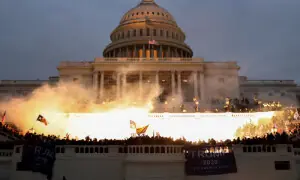

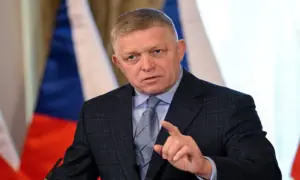










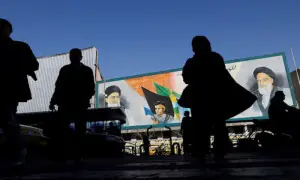
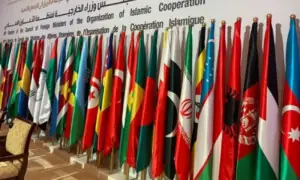
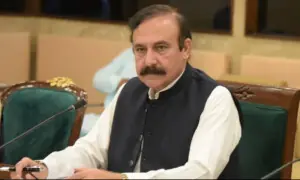
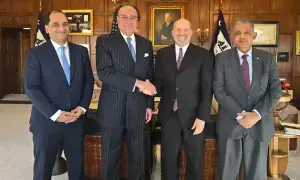
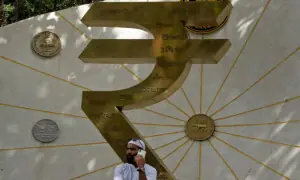
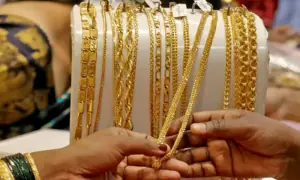


Comments are closed on this story.